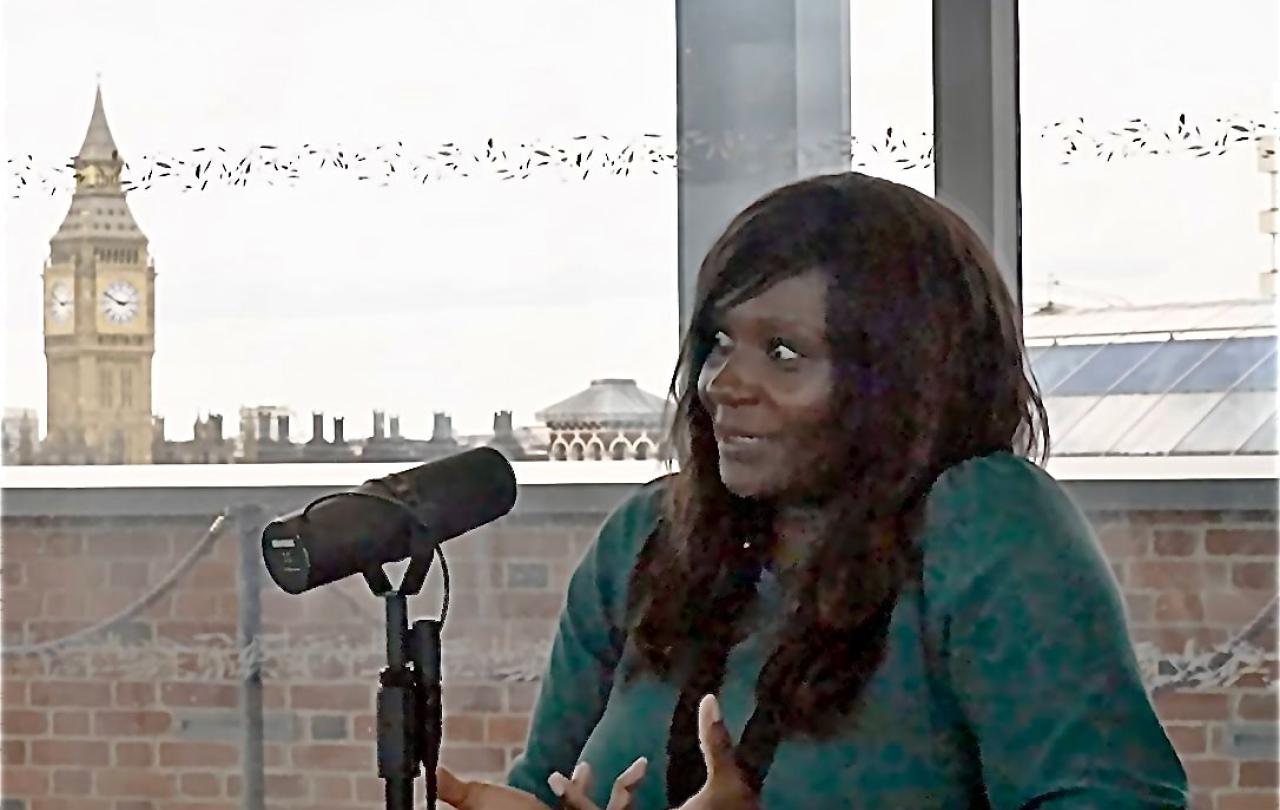It appears that Paddington, the nation’s favourite unaccompanied asylum-seeking bear, has finally been issued with a British Passport, 66 years after stowing away on a boat from South America and two years after eating marmalade sandwiches with Queen Elizabeth II on her Platinum Jubilee. In the brand-new film Paddington in Peru, we discover what happens when he uses his passport to return to his country of birth to visit his old Aunt Lucy.
Will Paddington be reunited with the kind-hearted bear who brought him up after he was orphaned in an earthquake? Where will this leave the Brown family, who have been fostering him for the best part of seven decades? Indeed, where will it leave the rest of us who have embraced Paddington as one of our own? Will Paddington even return to 32 Windsor Gardens, London?
It is not only his address and passport that evidence Paddington’s Britishness. This bear, who has captured the hearts of children and adults alike, has become as quintessential a British icon as Harry Potter and James Bond. This despite his Latino heritage, his status as an unaccompanied asylum-seeking bear, as well as his vast array of cultural faux pas. His earnestness, modesty, curiosity and unfailingly polite manners more than compensate, it seems, for his frequent dramatic mishaps and his uncertain immigration status. With a tip of his hat, he brings a trace of grace to every life he touches – from refuse collectors to antique collectors, from convicted criminals to window cleaners. Everywhere he goes chaos is met by kindness, compassion and positive transformation.
Paddington seems to typify the best of what Britain stands for. Everything about his story is a celebration of the power of British hospitality. His creator, Michael Bond CBE, was inspired by the incredible hospitality of the people of wartime Britain who gave sanctuary to evacuee children in the Blitz as well as the families that provided loving homes for Jewish children fleeing the Nazis via the Kinder Transport in 1939. He once told a reporter:
“We took in some Jewish children who often sat in front of the fire every evening, quietly crying because they had no idea what had happened to their parents, and neither did we at the time. It’s the reason why Paddington arrived with the label around his neck”.
Aunt Lucy in the first Paddington movie makes this connection most clearly. She reassures Paddington who is nervous about what awaits him at the end of his dangerous journey, saying:
“Long ago, people in England sent their children by train with labels around their necks, so they could be taken care of by complete strangers in the countryside where it was safe. They will not have forgotten how to treat strangers.”


